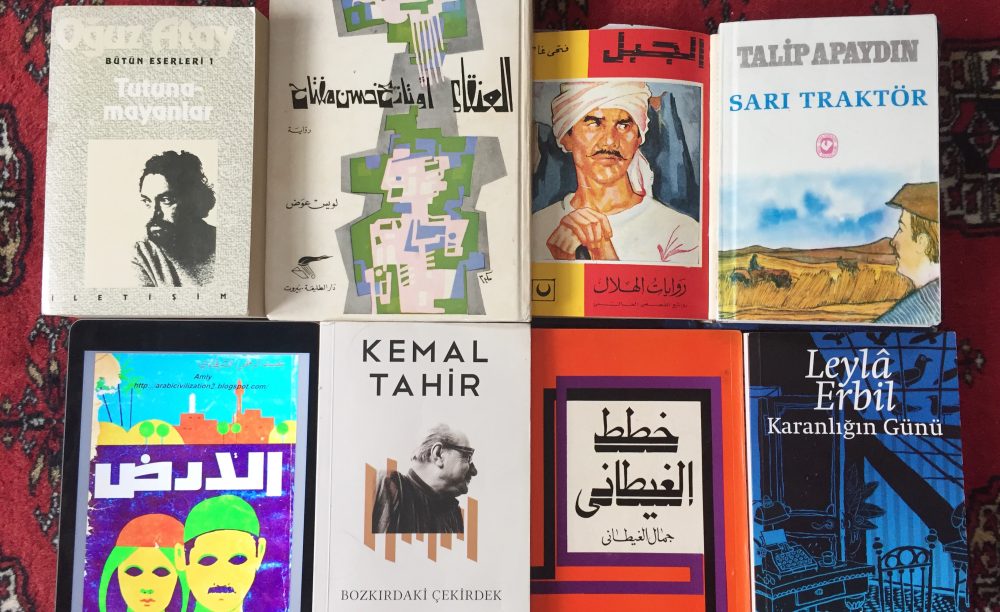Direct Discourse Fallacy – dialogue, it’s not mimesis, it is just as mediated by questions of representation.
Global Signification – broader social context of a proposition. See
Imminent Grammar – Gramsci’s term for spontaneous grammar in popular use; parole. See
Heteroglossia – defined as the manifestation of social diversity in language has two advantages 1) does not divorce language from everyday life 2) does not reduce heteroglossia as good democratic and monoglossia as bad and antidemocractic.
Language Ideology and Differentiation –
Iconization: This process involves “the attribution of cause and immediate necessity to a connection (between linguistic and social groups) that may only be historical, contingent, or conventional” (p. 37). These linguistic features are then made to be (and are subsequently interpreted as being) iconic of the identities of the speakers.
Multiplicity of Writing – essay from Raymong Williams’ Marxism and Literature, the identification of art with “imaginative” skill involves a reduction of art to a series of forms labeled the proper objects of aesthetic experience. In literature this has resulted in the reduction of “literature” to specialized forms that obscure the multiplicity in types of writing practices: literature is “fictional” and not “factual,” it is “imaginative” and not “practical,” and it is not “subjective” rather than “objective.” Literature’s association with these concepts is specific to the capitalist era, and a Marxist literary theory must attempt to recapture the multiplicity of forms of writing outside of the categories left to it by bourgeois critics.
Normative Grammar – Gramsi’s term for standardized hegemonic language use; langue. See
Standard Language Norm – the product of a process of selection and codification of features and variants of a language to function as a model of correctness,defined by people who have become norm authorities, role models supported by official institutions (Bartsch1987:78); from Renate Bartsch

